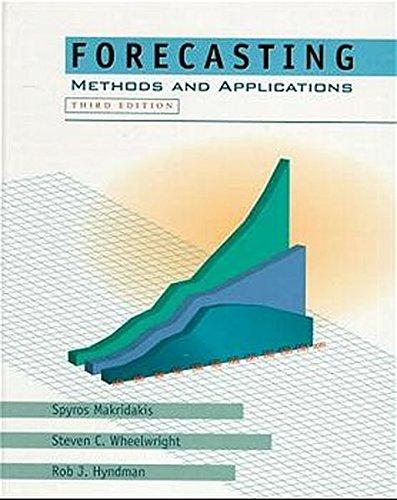Question
#1 Derek will deposit $7,213.00 per year for 19.00 years into an account that earns 18.00%, The first deposit is made next year. How much
#1
Derek will deposit $7,213.00 per year for 19.00 years into an account that earns 18.00%, The first deposit is made next year. How much will be in the account 34.00 years from today?
#2
Derek will deposit $2,914.00 per year for 19.00 years into an account that earns 8.00%. The first deposit is made today. How much will be in the account 19.0 years from today? Note that he makes 19.0 total deposits.
#3
Derek will deposit $2,411.00 per year into an account starting today and ending in year 11.00. The account that earns 15.00%. How much will be in the account 11.0 years from today?
#4
Derek will deposit $2,558.00 per year for 16.00 years into an account that earns 13.00%, The first deposit is made next year. How much will be in the account 37.00 years from today?
#5
Derek will deposit $6,861.00 per year for 12.00 years into an account that earns 4.00%, The first deposit is made next year. He has $16,705.00 in his account today. How much will be in the account 38.00 years from today?
Part 2:
#1
Derek will deposit $2,668.00 per year for 10.00 years into an account that earns 6.00%. Assuming the first deposit is made 6.00 years from today, how much will be in the account 40.00 years from today?
#2
What is the value today of receiving $1,170.00 per year forever? Assume the first payment is made next year and the discount rate is 9.00%.
#3
What is the value today of receiving $2,774.00 per year forever? Assume the first payment is made 10.00 years from today and the discount rate is 13.00%.
#4
If you are willing to pay $45,691.00 today to receive $4,790.00 per year forever then your required rate of return must be ____%. Assume the first payment is received one year from today.
#5
If you are willing to pay $29,153.00 today to receive a perpetuity with the first payment occurring next year then the payment must be $______. Assume a 14.00% discount rate.
#6
It is _______ for a company to issue equity than debt; it is ________ for an investor to buy equity in a company than debt in the same firm.
a. safer; safer
b. safer; riskier
c. riskier; safer
d. riskier; riskier
e. none of the above
enter a, b, c, d or e
Part 3:
#1
A bank offers 10.00% on savings accounts. What is the effective annual rate if interest is compounded quarterly?
#2
A bank offers 6.00% on savings accounts. What is the effective annual rate if interest is compounded monthly?
#3
A bank offers 10.00% on savings accounts. What is the effective annual rate if interest is compounded daily?
#4
A bank offers 10.00% on savings accounts. What is the effective annual rate if interest is compounded continuously?
#5
Assume a bank offers an effective annual rate of 6.55%. If compounding is quarterly what is the APR?
#6
Suppose you deposit $2,279.00 into an account today that earns 7.00%. In 8.00 years the account will be worth $________.
#7
Suppose you deposit $2,908.00 into an account today. In 9.00 years the account is worth $3,899.00. The account earned ____% per year.
Step by Step Solution
There are 3 Steps involved in it
Step: 1

Get Instant Access to Expert-Tailored Solutions
See step-by-step solutions with expert insights and AI powered tools for academic success
Step: 2

Step: 3

Ace Your Homework with AI
Get the answers you need in no time with our AI-driven, step-by-step assistance
Get Started


